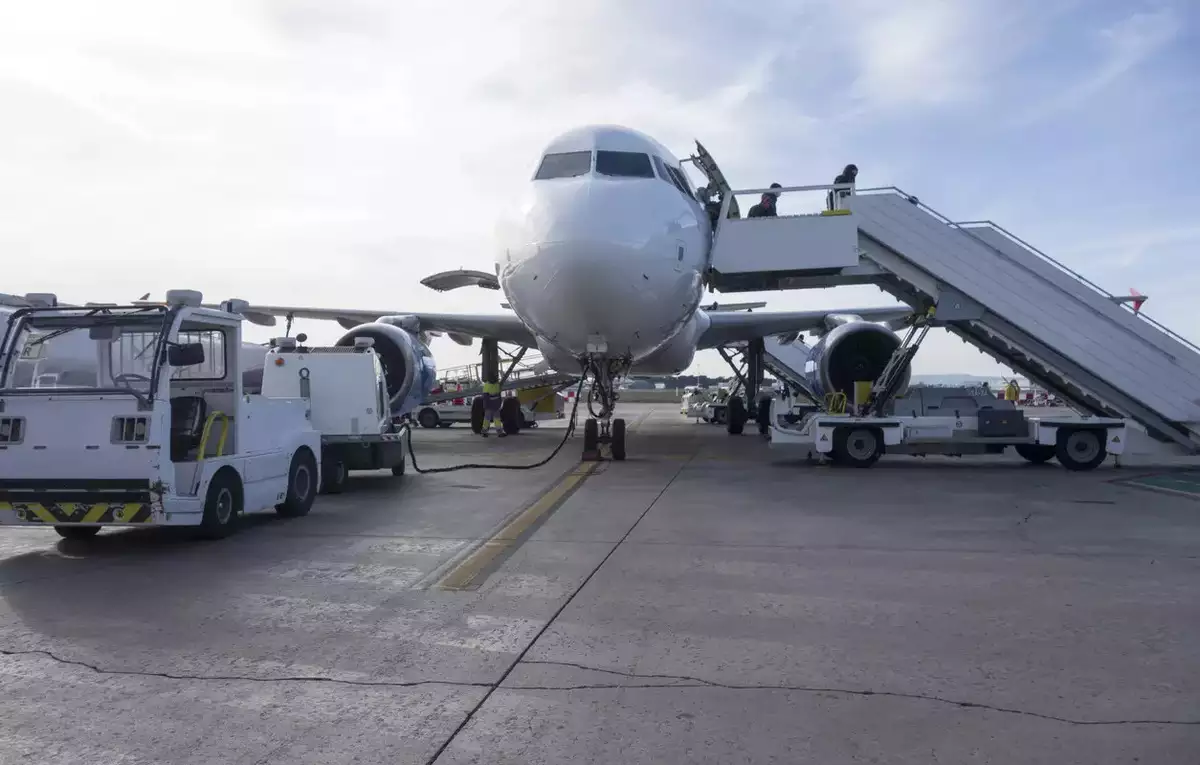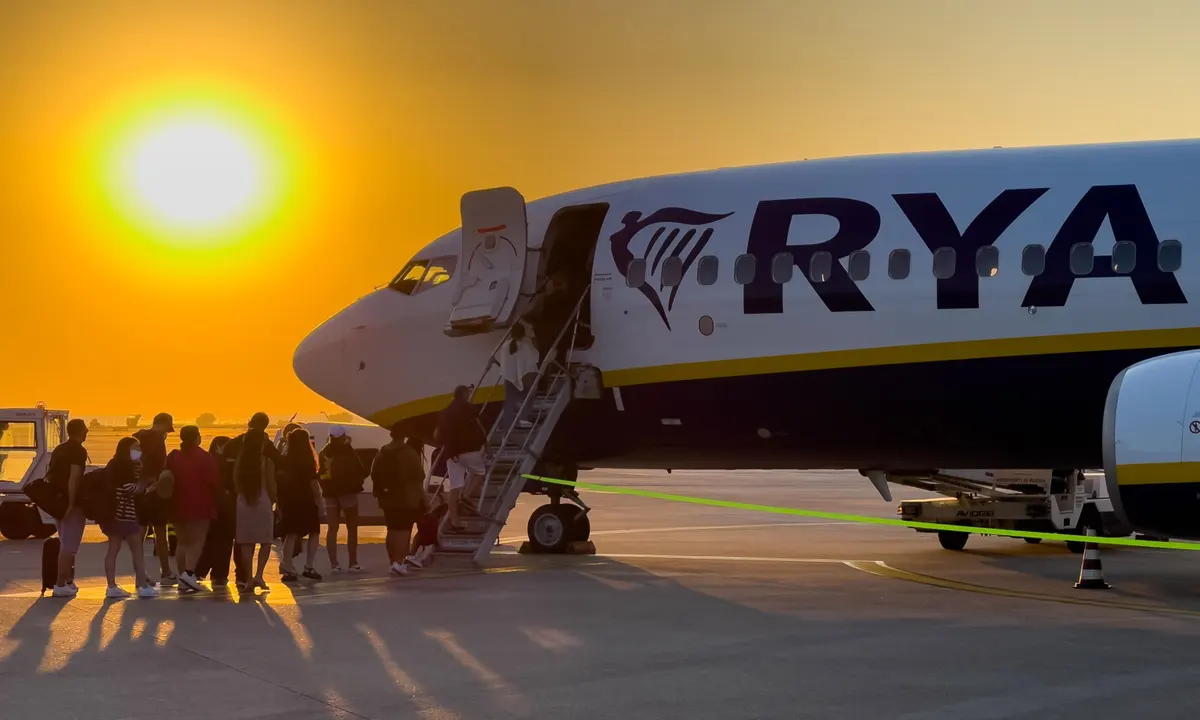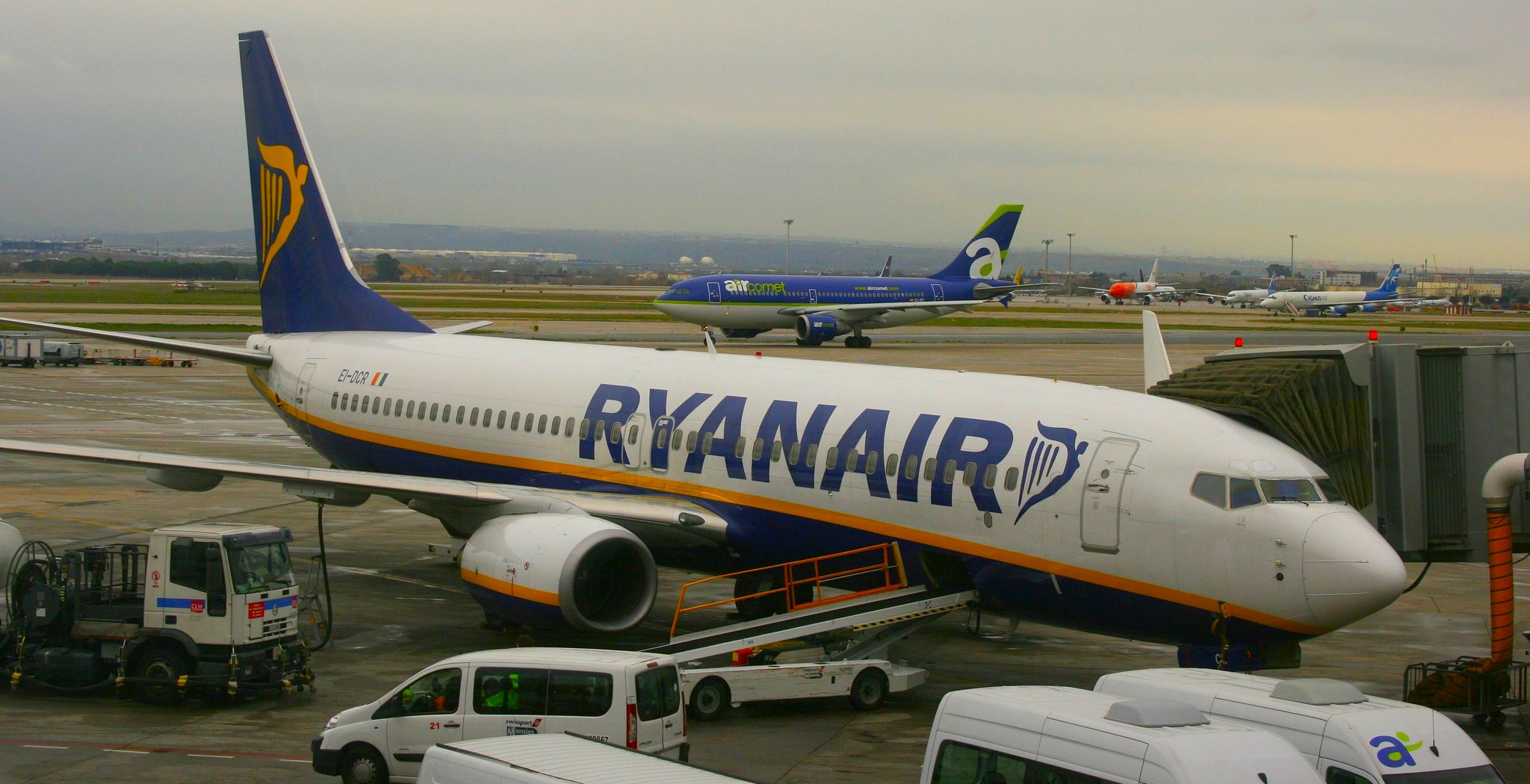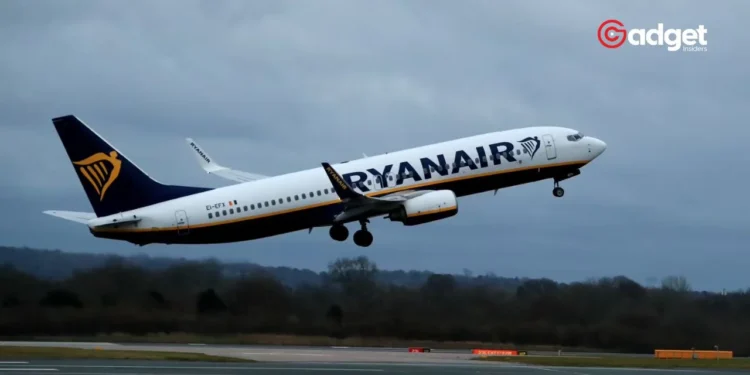In an unprecedented move, the Spanish government has imposed fines totaling €150 million on popular budget airlines, including easyJet and Ryanair, for their controversial pricing practices related to cabin baggage and seat reservation fees. This hefty penalty marks a significant step by Spain’s Ministry of Social Rights and Consumer Affairs to address what it deems “abusive practices” in the airline industry.

A Closer Look at the Fines and Future Bans
The investigation that led to these fines began last summer after consumer groups raised concerns about the airlines’ extra charges for cabin luggage and seat selections. As reported by Cadena SER, the ministry’s actions could lead to a ban preventing these airlines from charging additional fees for cabin baggage in the future.
“This is a clear message to the industry that consumer rights need to be respected and that transparency must prevail,” said a ministry spokesperson. The fines were distributed among the four main carriers: easyJet, Ryanair, Vueling, and Volotea, all accused of exploiting consumers with hidden fees that inflate the cost of travel unnecessarily.
Spain – It is time someone did something –
The Spanish news outlet Cadena SER reported that the fines would total €150m, with the airlines also being censured for charging passengers extra fees to reserve adjacent seats for children and other dependents.https://t.co/fBz32FGakl— Road Trip EU (@RoadTripEU1) May 31, 2024
Industry Backlash and Legal Appeals
The response from the airline sector has been swift and strong. The Spanish Airline Association (ALA), representing the majority of the air traffic in and out of Spain, criticized the decision as “disproportionate” and stressed that the practice of charging for additional services was entirely legal under European law.
“The sanctioning of these practices not only limits consumers’ freedom to choose essential services but also interferes with the European single market’s rules on tariff freedom,” an ALA spokesperson stated. They also noted that an appeal against this decision is possible and likely.

Consumer Advocacy Pays Off
On the flip side, consumer advocacy groups have applauded the government’s firm stance. Facua, a prominent consumer rights organization, expressed satisfaction with the outcome, emphasizing their six-year-long effort to challenge these exploitative practices. “This victory is a significant win for consumers, who have been unfairly burdened by these additional costs for too long,” a Facua representative remarked.
Transparency and Fair Pricing at the Core
The crackdown also highlights ongoing concerns about the lack of transparency in online pricing and the refusal to accept cash payments for additional services at airports. These issues contribute to the unexpected costs that consumers face, often making budget travel much more expensive than anticipated.
This case not only shines a spotlight on the practices of budget airlines but also sets a precedent for how similar issues might be handled within the EU. As the situation unfolds, the implications on the broader airline industry and consumer rights within the European market will become clearer, especially if the fines withstand the anticipated legal challenges.

In conclusion, this bold move by the Spanish government underscores a growing trend towards greater consumer protection and regulatory oversight in the airline industry, particularly concerning fee transparency and fairness. As the airlines ponder their next steps, passengers can potentially look forward to a more straightforward and less costly booking experience in the future.










